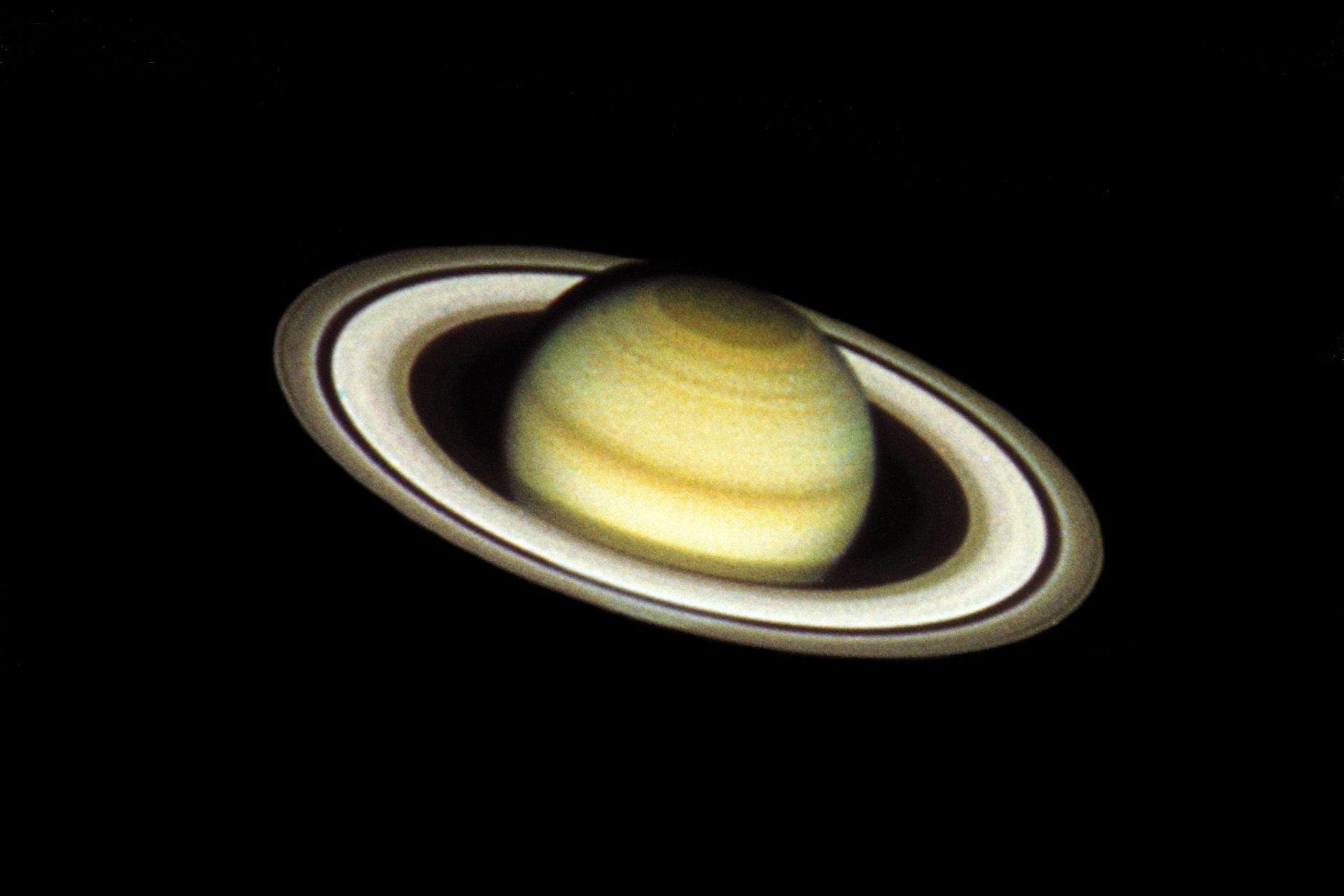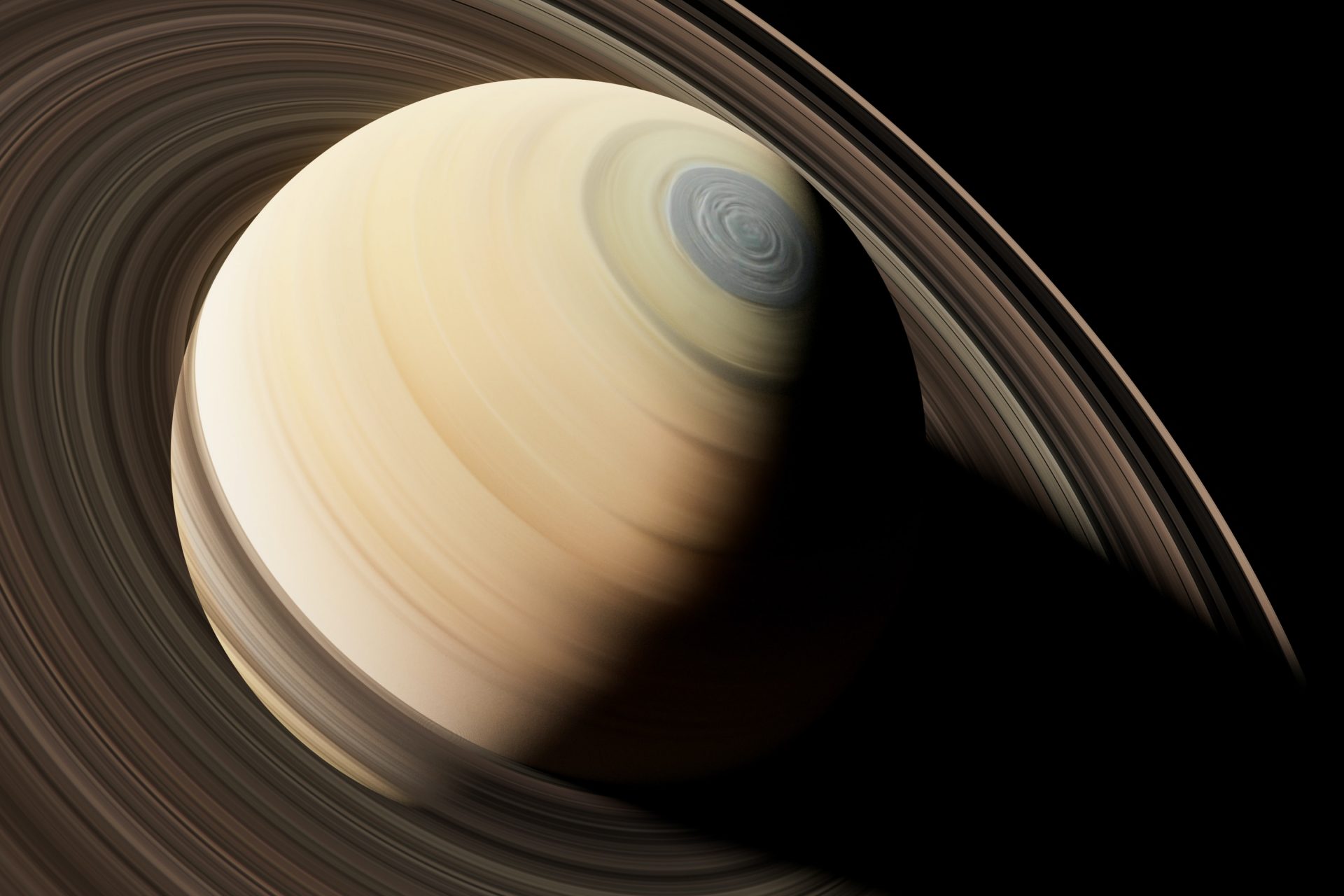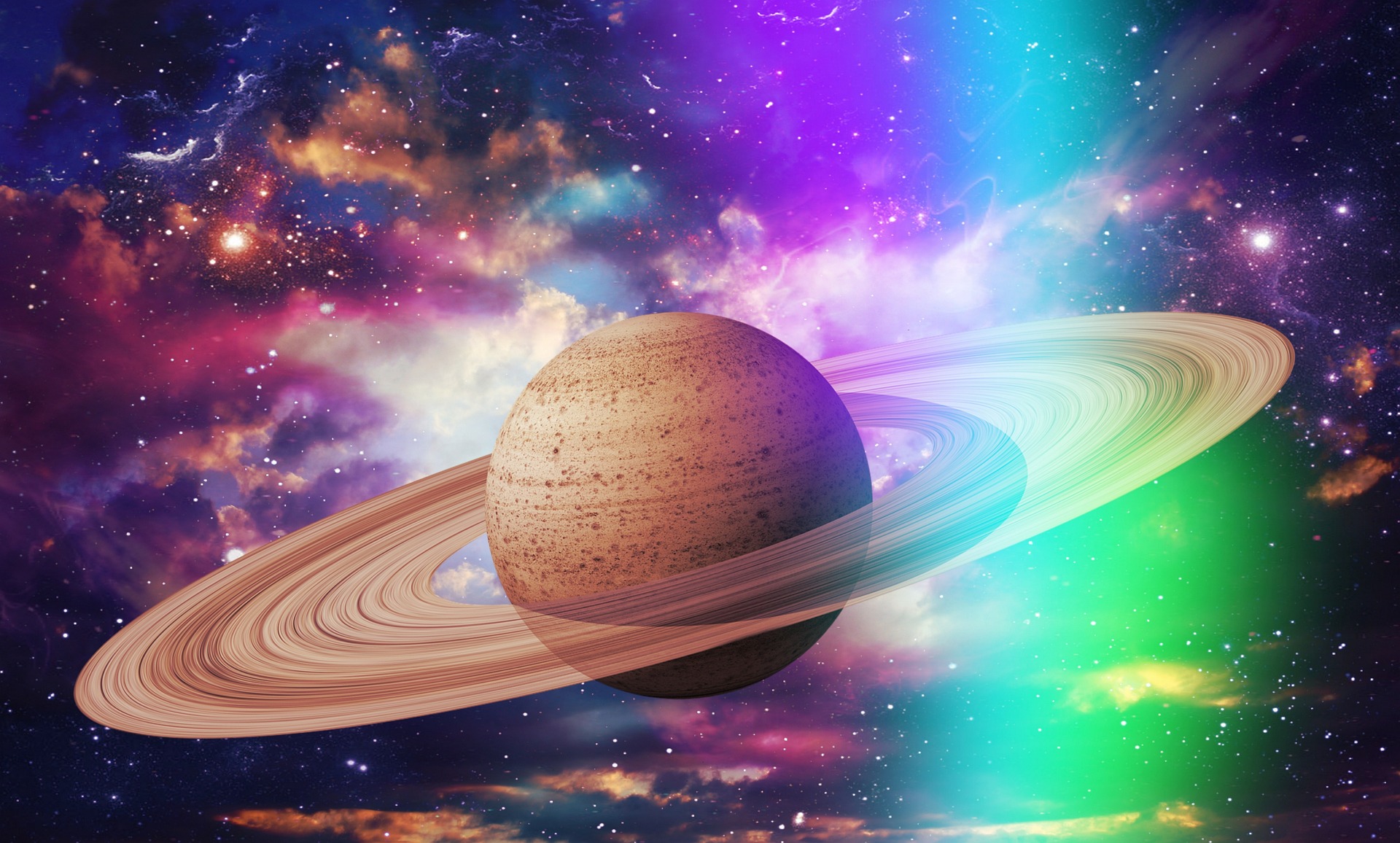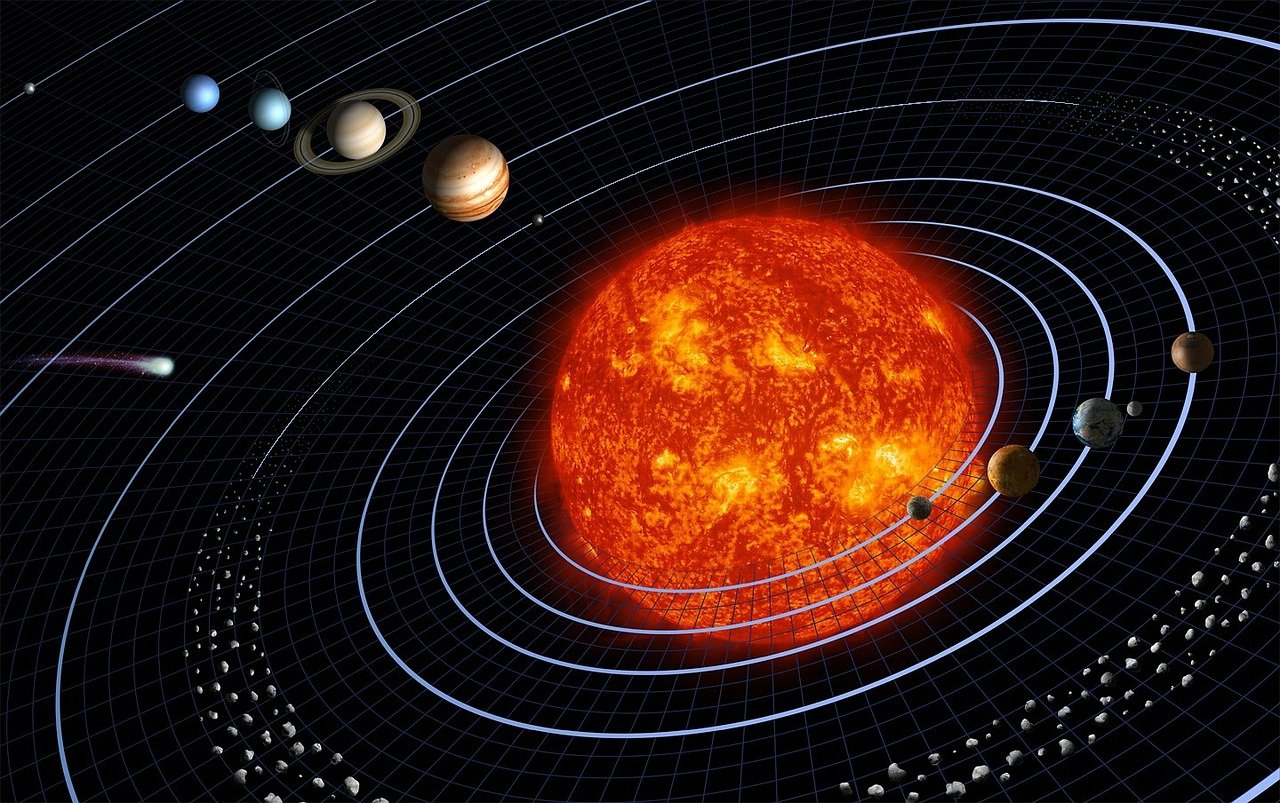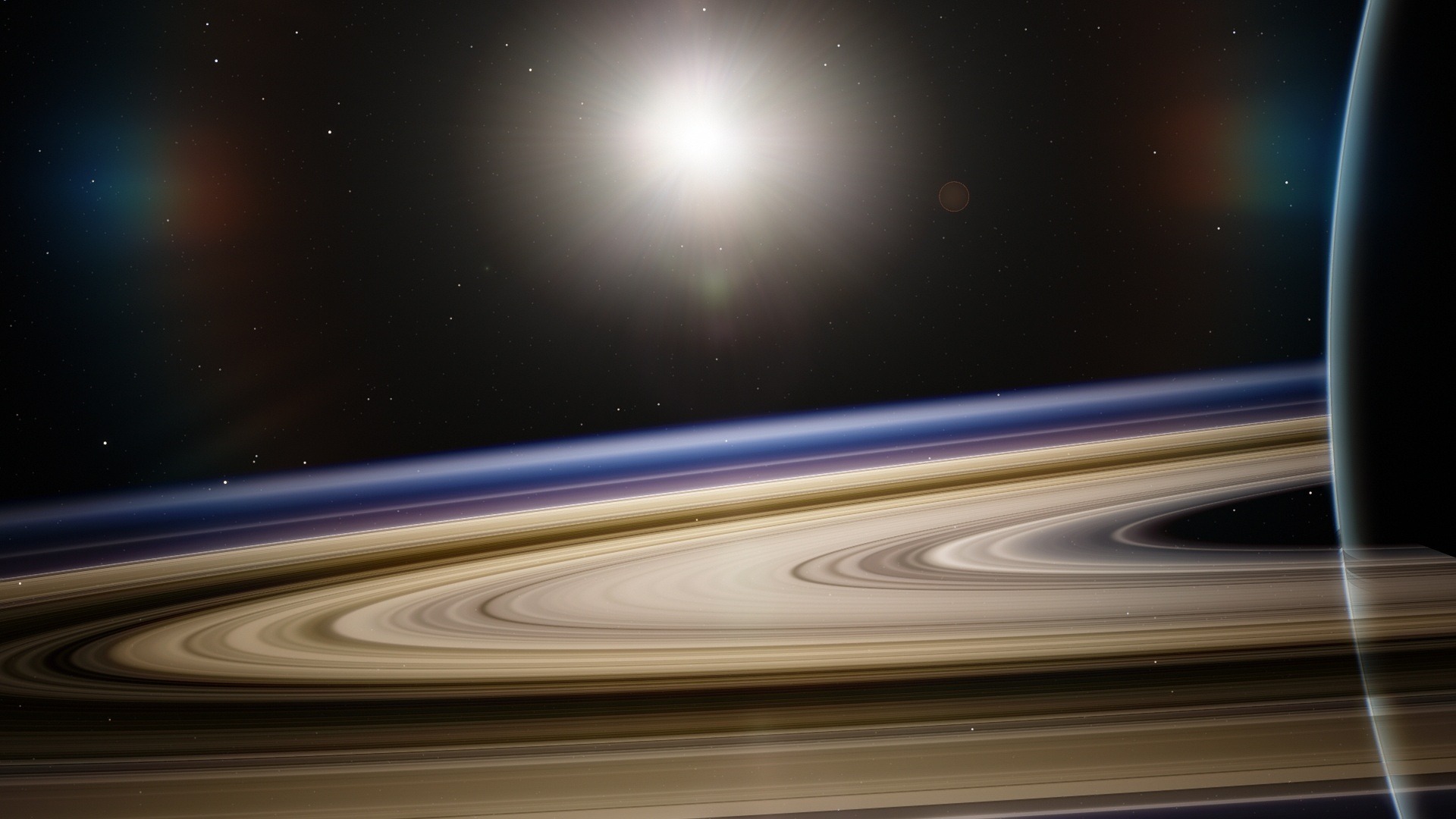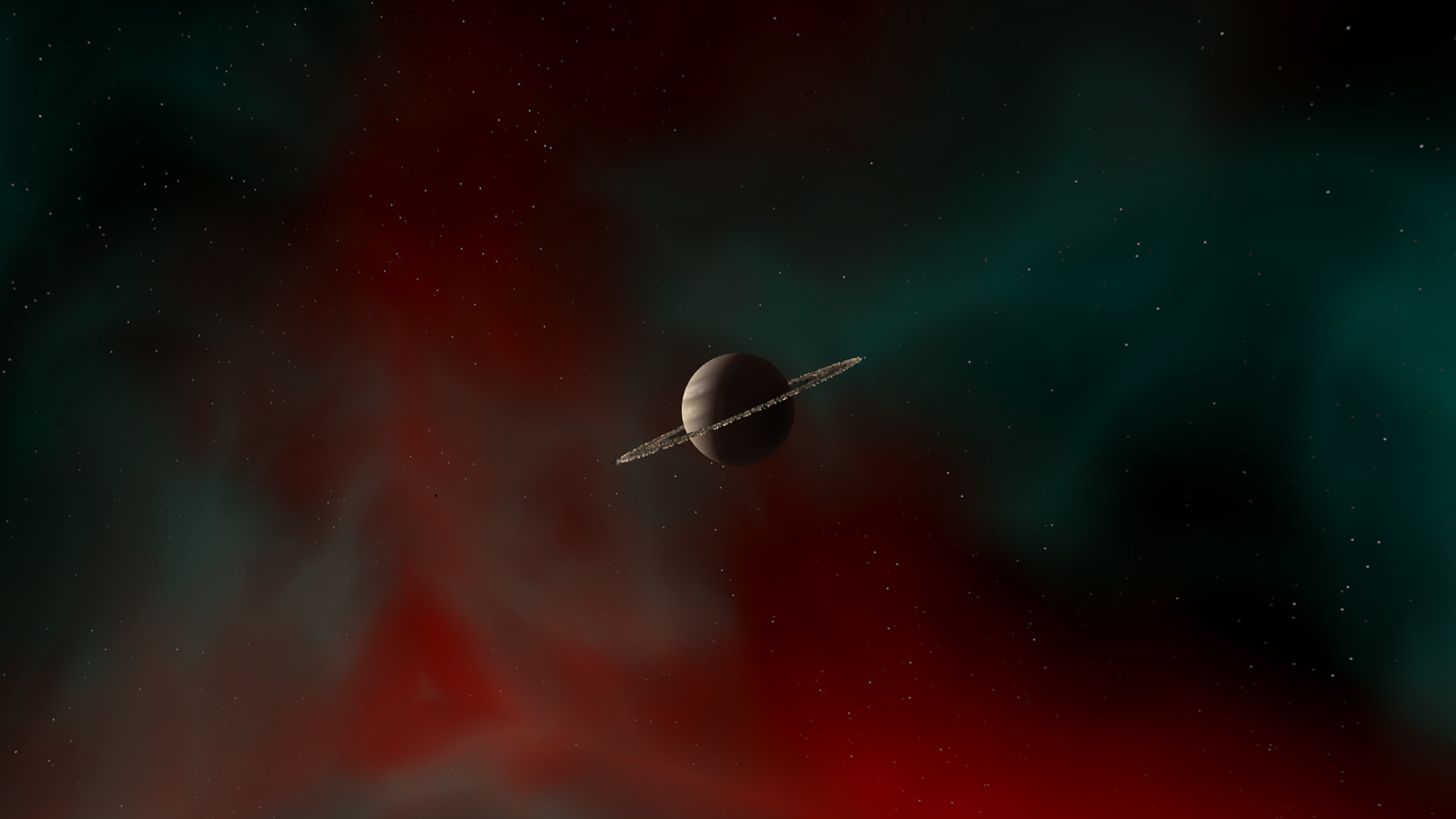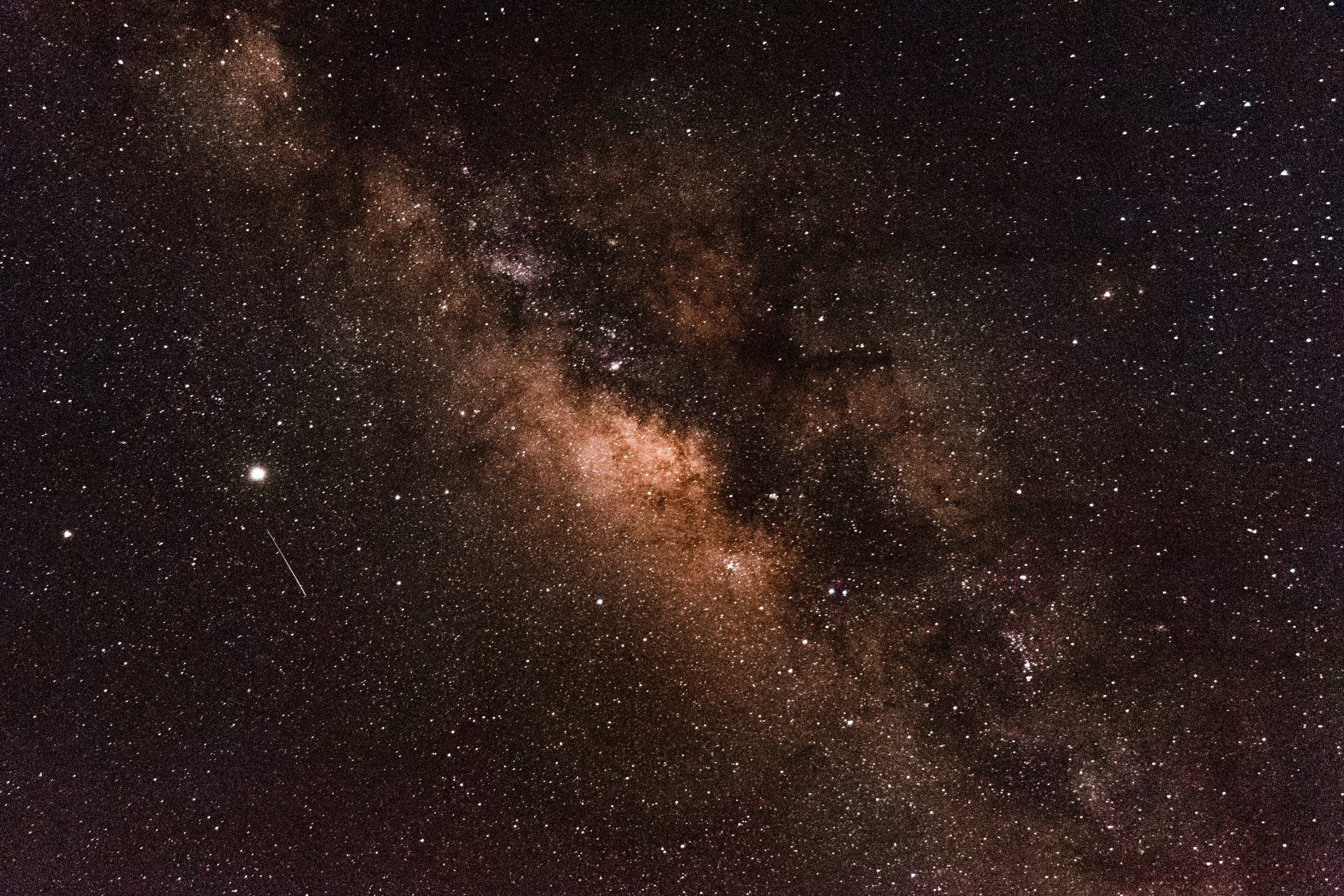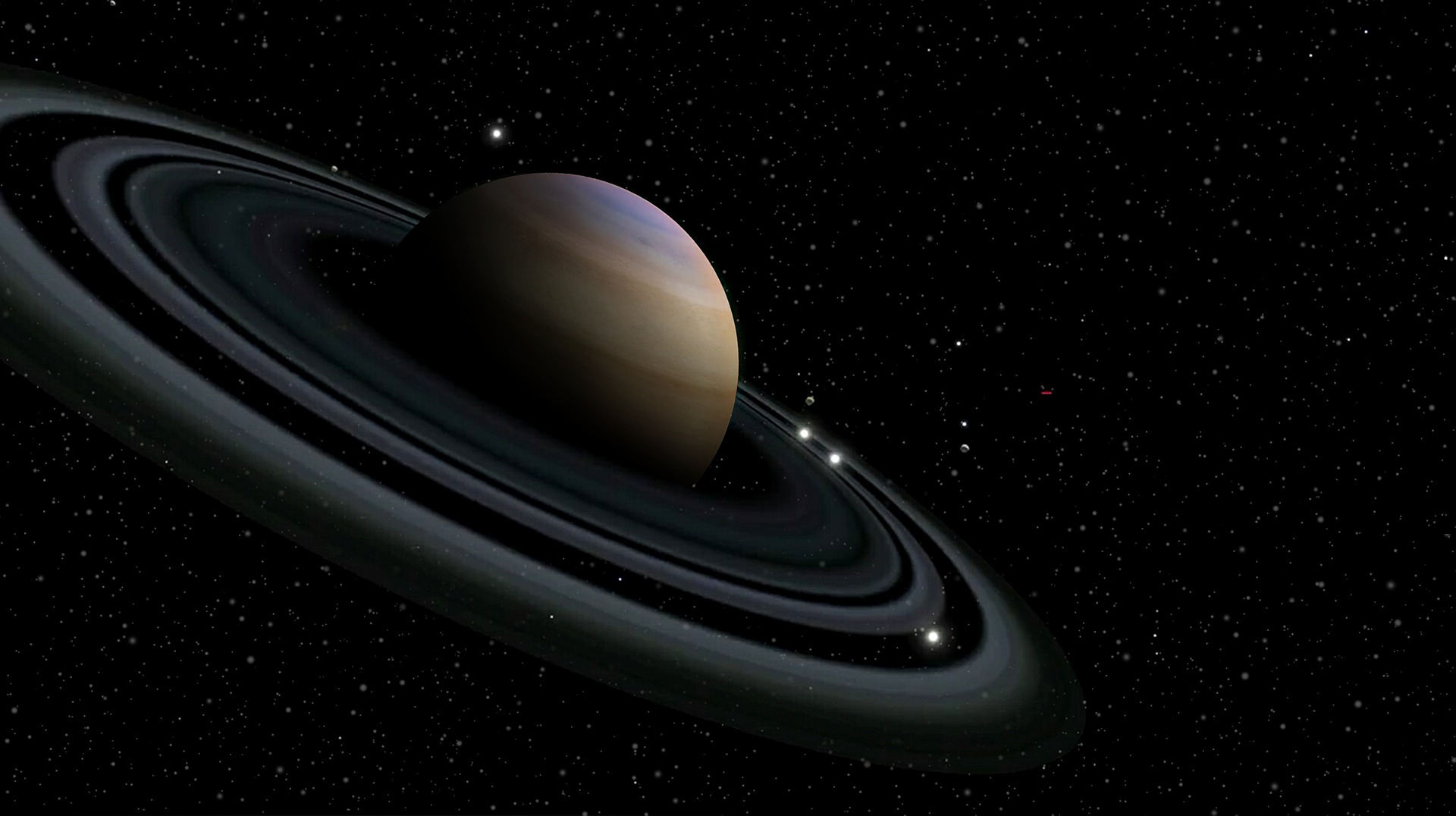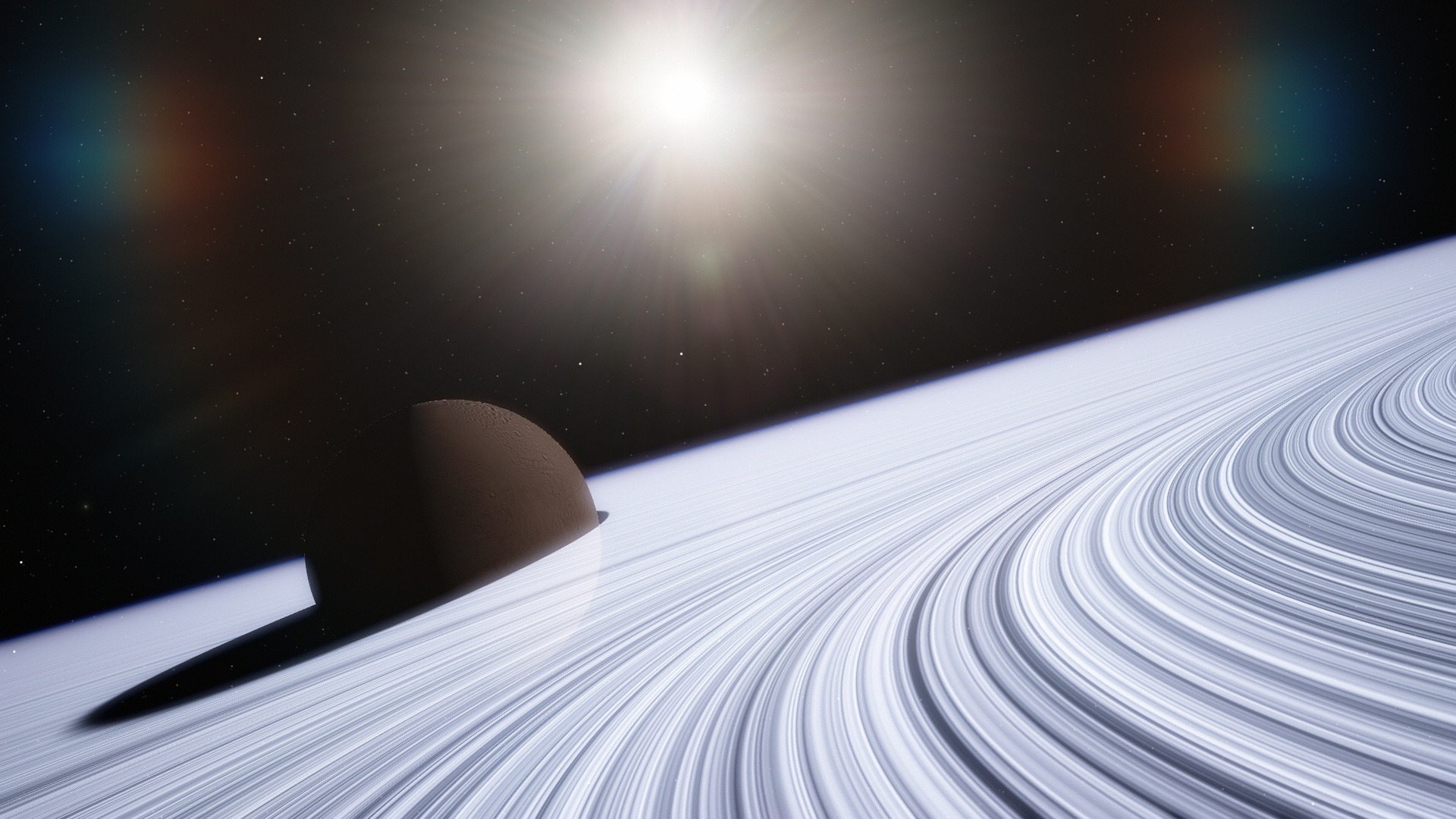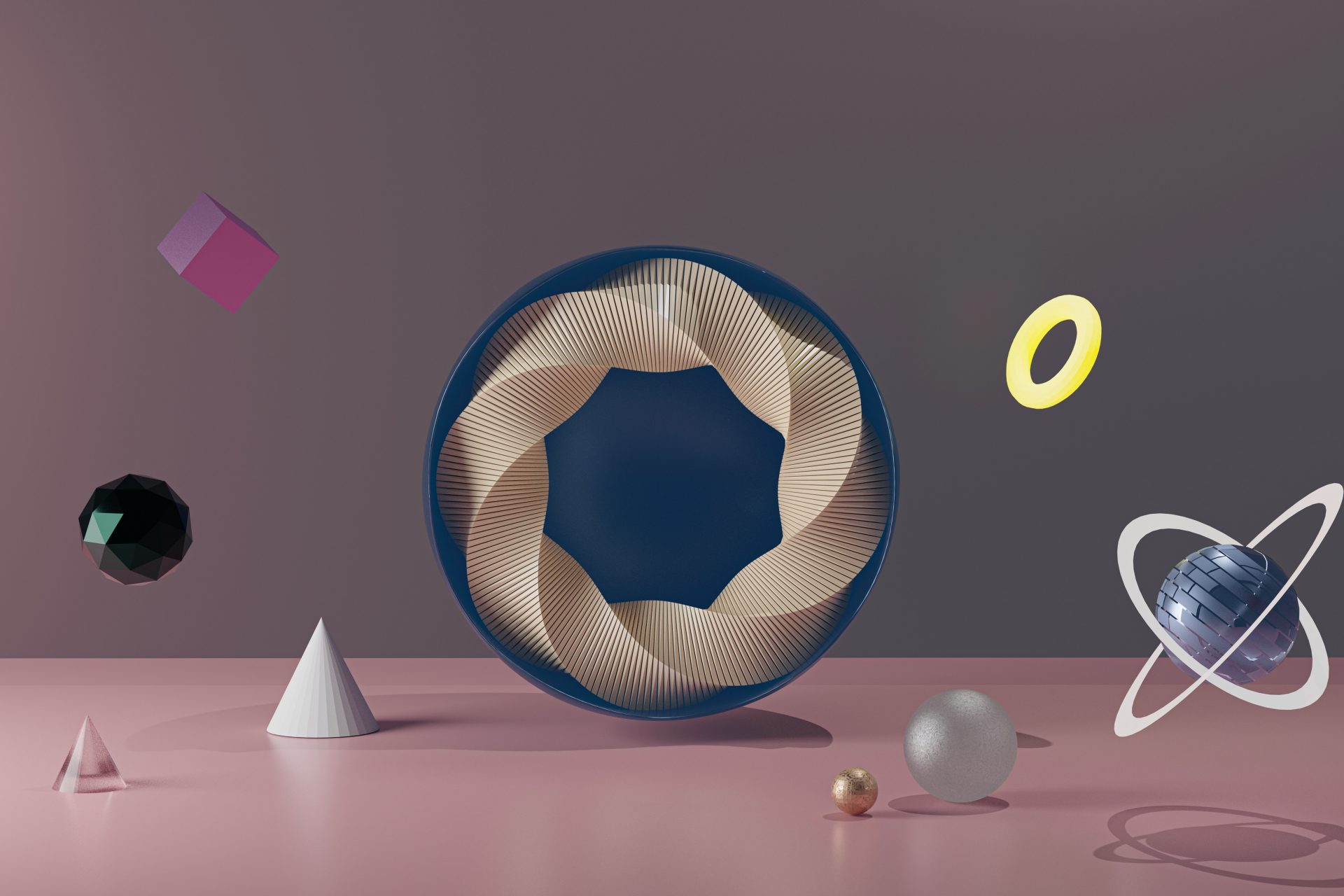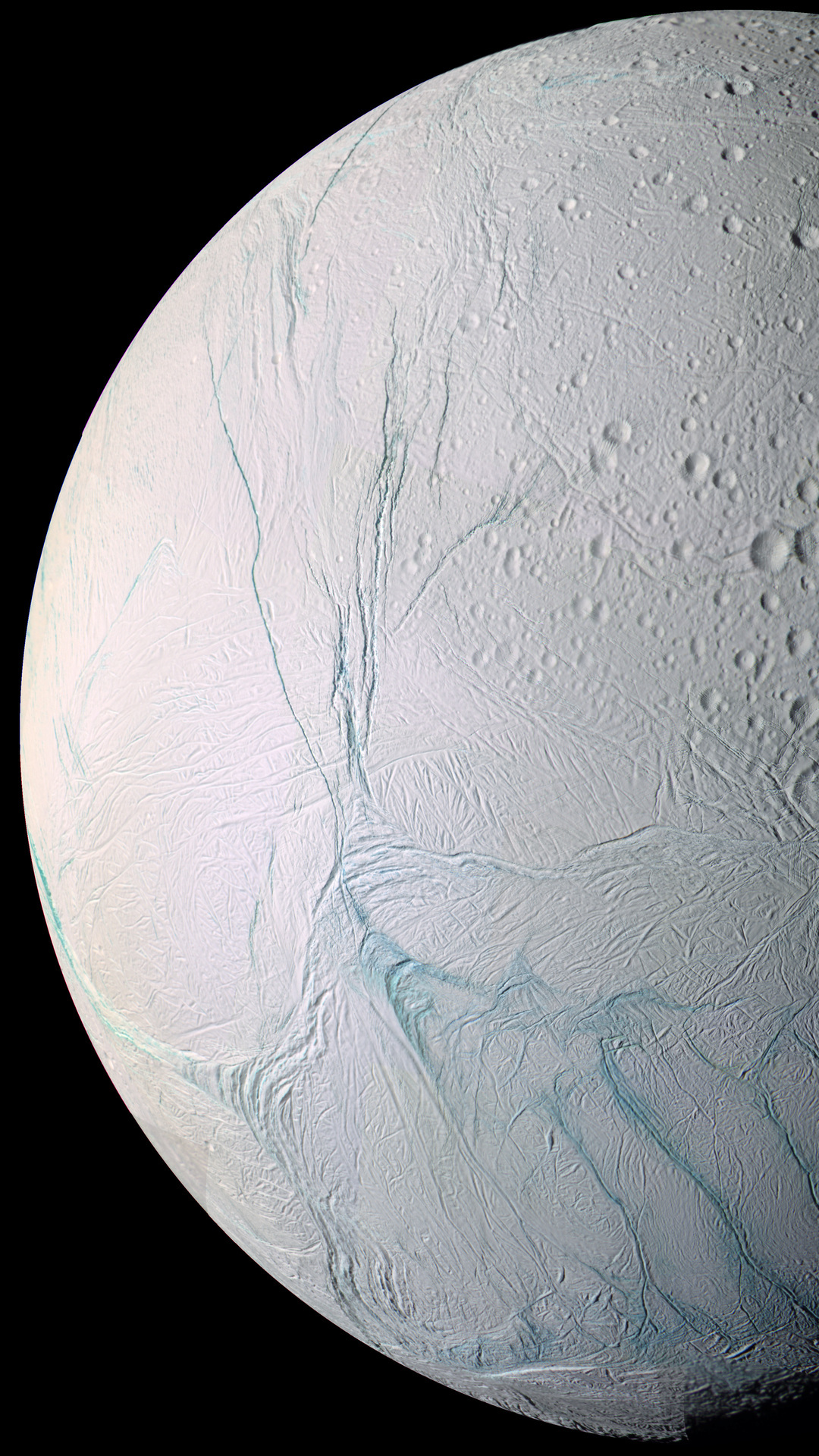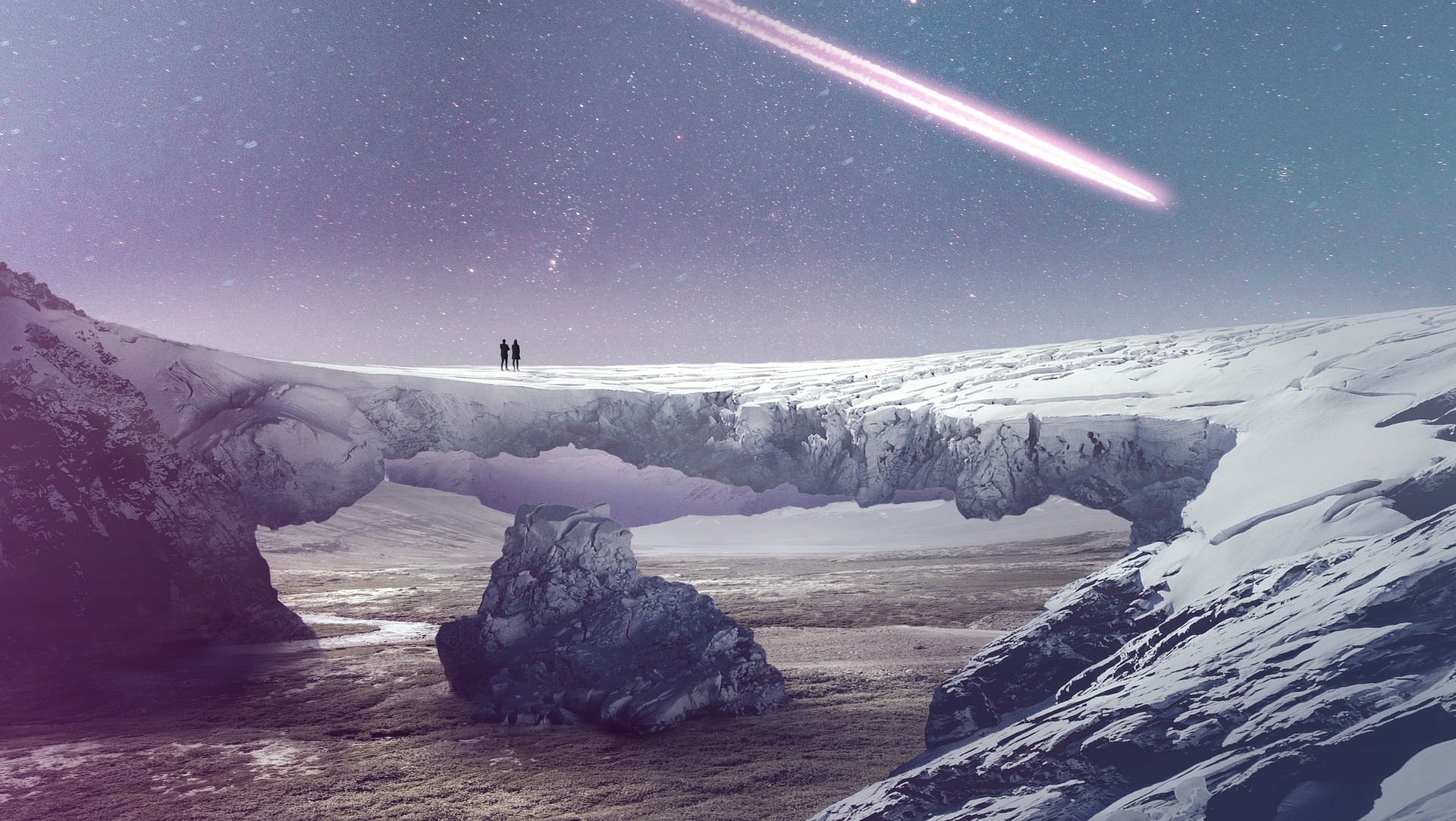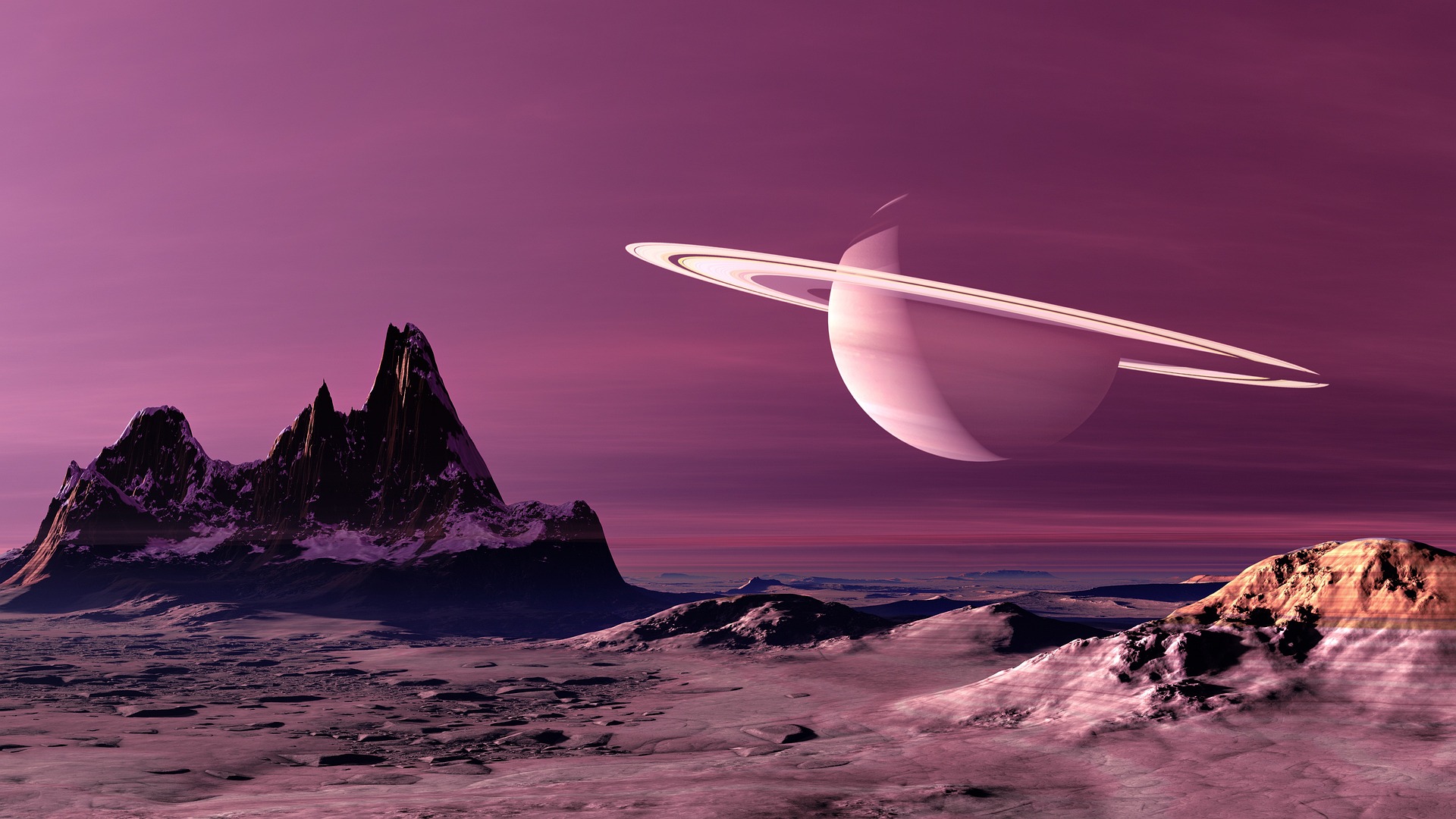Saturn's rings are about to disappear
One of the iconic images of our universe will soon no longer be seen. Saturn's beautiful rings will soon disappear.
Saturn is surrounded by a system of rings (between 7 and 10, depending on the source) that, as National Geographic explains, "are made up of millions of chunks of ice and rock from comets, asteroids, or moons, pulled together by Saturn's strong gravity and have disintegrated".
Image: Unsplash / Planet Volumes
According to calculations by astrophysicists, we will no longer see the rings in 2025. But only temporarily.
Image: Pixabay
According to CBS, in March 2025 it will be impossible to see Saturn's rings from Earth because the planet will be in a position relative to Earth's inhabitants that prevents the reflection of light, making them invisible. This is simply an effect of Saturn's rotation.
Image: Pixabay
From Earth we will see the rings in profile due to Saturn's rotation, so they will be virtually invisible.
Image: Pixabay
But the rings' invisibility will be short-lived: we will be able to see their shape again by the end of 2025 or beginning of 2026. However, some scientists warn that Saturn's rings are actually disappearing. When will this happen?
Image: Pixabay
As The New York Times reported in 2018, a scientific study predicted the rings would disappear in about 300 years.
Image: Unsplash / Fredick F
James O'Donoghue, a NASA researcher, told the New York Times. "Saturn's rings will not exist forever, and one day they will disappear. And why? Because of the erosion of the ice and rock that compose them, without additional materials to ensure their survival."
Image: Pixabay
However, there are also scientists who rule out the possibility that the rings will disappear in a short time (and yes, 300 years is a very short time in the history of the universe). They claim we will still be able to observe them, just as the first person who saw them, but who was the first person to see the rings of Saturn?
Image: Imagen: Pixabay
Galileo Galilei is credited with discovering Saturn's rings in 1610 through observation with rudimentary telescopes.
Image: By Justus Sustermans - https://www.rmg.co.uk/collections/objects/rmgc-object-14174, public domain, https://commons.wikimedia.org/w/index.php?curid=230543
Saturn is the sixth planet from the Sun and, because of the rarity of its rings, a true symbol of our cosmic environment. But is there life on Saturn?
Image: Unsplash / Mehdi MeSSrro
Saturn is a planet with a surface temperature of up to minus 90 degrees Celsius, which (along with other physical properties) makes it very difficult for life to exist. However, some signs of possible life have been found in Saturn's orbit.
Image: Pixabay
Enceladus (pictured) is a moon of Saturn on which the Cassini probe (which traveled through space between 1997 and 2017) discovered concentrations of carbon, hydrogen, nitrogen, oxygen, sulfur and phosphorus, according to a study by the Free University Berlin, which National Geographic reports on, most likely indicate that some kind of extraterrestrial life could emerge or has already emerged.
Image: NASA
But extraterrestrial life, if it exists at all, would be limited to microorganisms on this distant moon of Saturn. We will not see creatures that resemble Earthlings.
Image: Pixabay
However, when we observe Saturn from Earth, its rings are still clearly visible. But like every 13 years or so, we will temporarily stop seeing them.
Image: Pixabay
Looking at the sky and dreaming is one of humanity's favorite pastimes. Stars and planets are a new frontier that will soon be approaching.
Image: Unsplash / Greg Razoky
More for you
Top Stories



